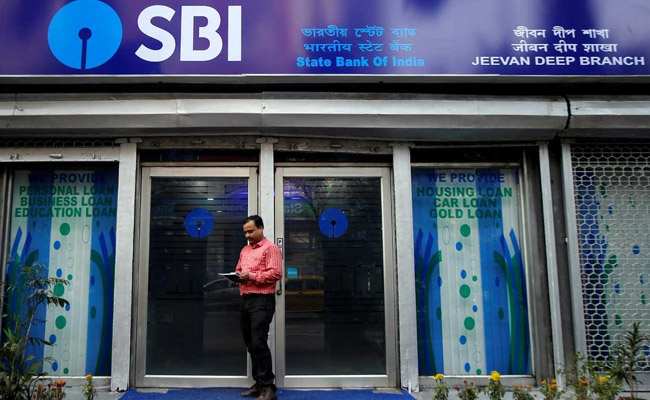Country’s largest lender State Bank of India (SBI) has planned to waive off the transactions charges for the funds transferred via immediate payment service (IMPS) from August 1, 2019.
KEY HIGHLIGHTS
- SBI has 29.72 crores debit cards stood with which a total of 37.64 crores and 11.7 crore transactions were carried out via ATM and point of sale (PoS) in May 2019, RBI data.
- Both, the Reserve Bank of India and the government have been collectively working towards promoting the use of digital channels for payments, transfer of funds, and other monetary settlements.
- According to FM Sitharaman, low-cost digital modes of payment such as BHIM UPI, UPI-QR Code, Aadhaar Pay, certain debit cards, NEFT, RTGS etc. are likely to promote the cashless economy.
New Delhi: In line with the government’s stance to promote digital payments, the country’s largest lender by assets and number of customers State Bank of India (SBI) has planned to waive off the transactions charges for the funds transferred via immediate payment service (IMPS) with effect from August 01, 2019. Earlier this month itself, State Bank of India removed the transactions charges on funds transferred through National Electronic Fund Transfer (NEFT) and Real-Time Gross Settlement (RTGS) services.
“The bank will also waive-off IMPS charges for its INB, MB and YONO customers effective from August 1, 2019,” SBI said in a statement. State Bank of India also holds the maximum number of automated teller machines (ATMs), both onsite and offsite, debit cards and transaction volumes.
According to the RBI card statistics May 2019, State Bank of India has a total of 58,489 ATM kiosks including 25,606 onsite and 32,883 offsite. The total number of debit cards stood at 29.72 crores with which a total of 37.64 crores and 11.7 crore transactions were carried out via ATM and point of sale (PoS). The total amount transacted through ATM stands at Rs 1,13,026.14 crore, while users transacted nearly Rs 176,12.12 crore.
On a total, there were 82.49 crore debit cards present in India at the end of May 2019. Proportionately, SBI has a 36 per cent market share according to total debit cards present in the market. SBI commands 46 per cent transactions out of the total of 81.57 crore transactions made via ATMs in May 2019.
Looking at the transactional volumes, the amount transferred and debit cardholders, the removal of transactional charges will likely to boost the long-term vision of a cashless economy.
The transactional charges applicable on RTGS and NEFT for YONO, internet banking and mobile banking customers was waived off by SBI from July 01, 2019. “In sync with our strategy and Government of India’s vision to create a digital economy, SBI has taken this step to promote use of YONO, internet banking and mobile banking for doing NEFT and RTGS transactions without incurring any cost,” news agency PTI reported citing P K Gupta SBI MD (Retail & Digital Banking).
Both, the Reserve Bank of India and the government have been collectively working towards promoting the use of digital channels for payments, transfer of funds, and other monetary settlements. The Union Finance Minister Nirmala Sitharaman has proposed to levy a 2 per cent TDS on cash withdrawals of any amount over Rs 1 crore in a year from a bank account. “This is in continuation of a number of initiatives taken in the recent past for the promotion of digital payments and less cash economy, and to promote digital payments further,” FM Sitharaman said.
According to FM Sitharaman, low-cost digital modes of payment such as BHIM UPI, UPI-QR Code, Aadhaar Pay, certain debit cards, NEFT, RTGS etc. are likely to promote the cashless economy. Further, FM Sitharamam has proposed that all the business establishments with an annual turnover of over Rs 50 crore shall offer such low-cost digital modes of payment to their customers and no charges or Merchant Discount Rate (MDR) shall be imposed on customers as well as merchants. “RBI and Banks will absorb these costs from the savings that will accrue to them on account of handling less cash as people move to these digital modes of payment,” FM stated while presenting Budget 2019-20.


